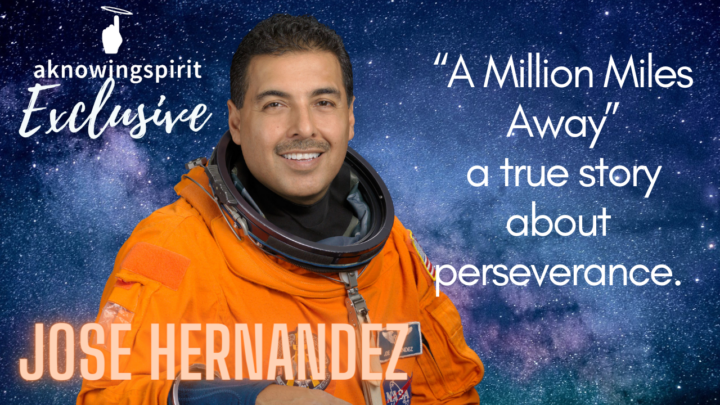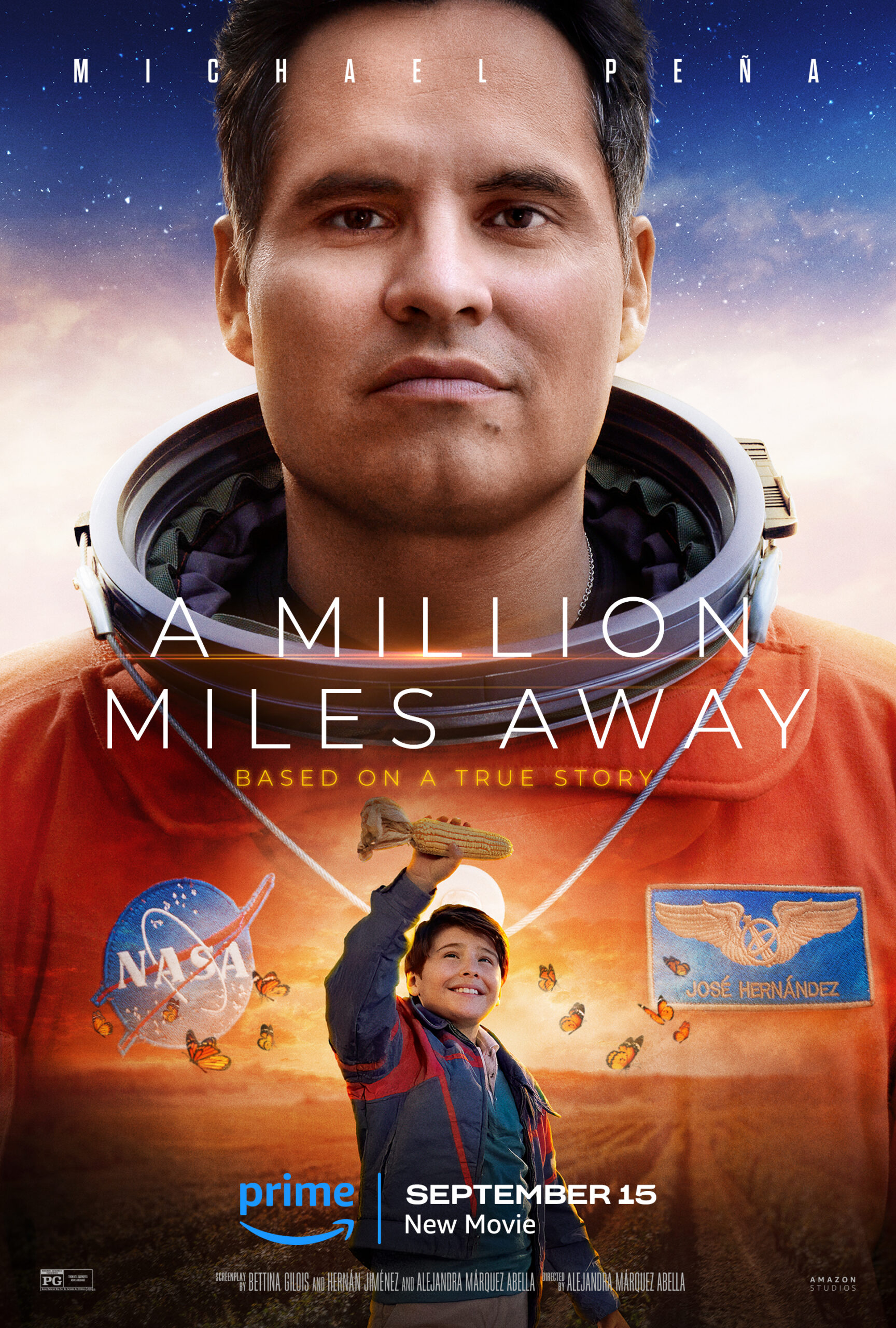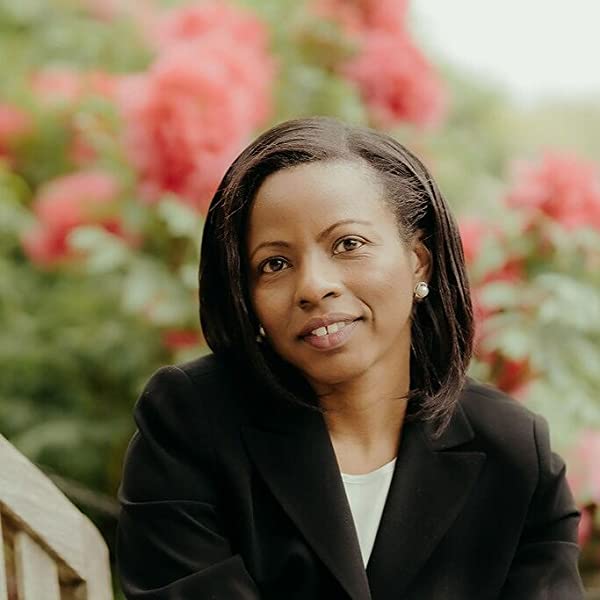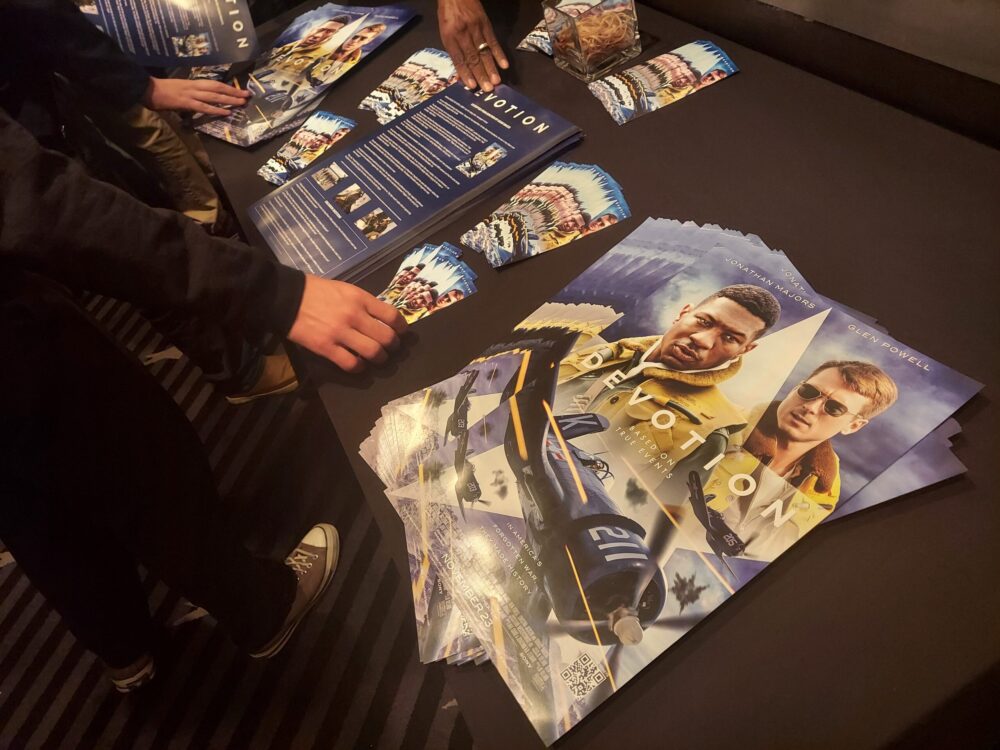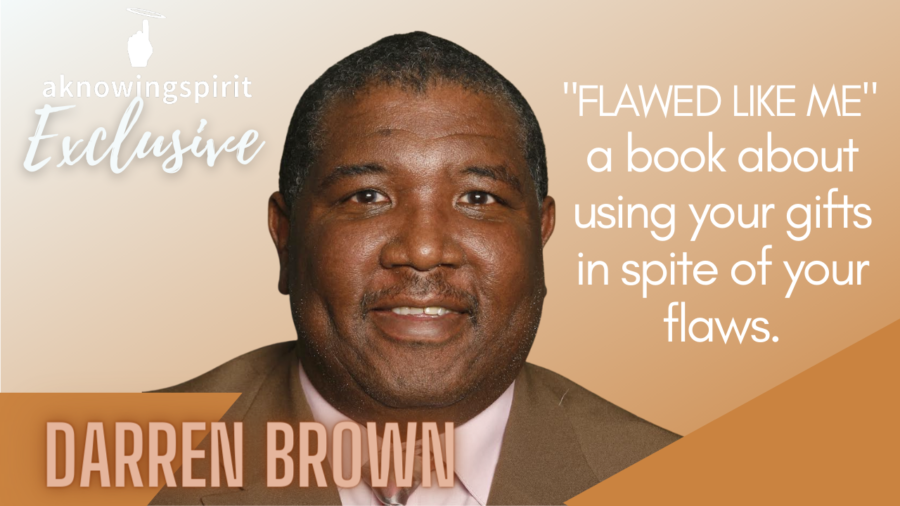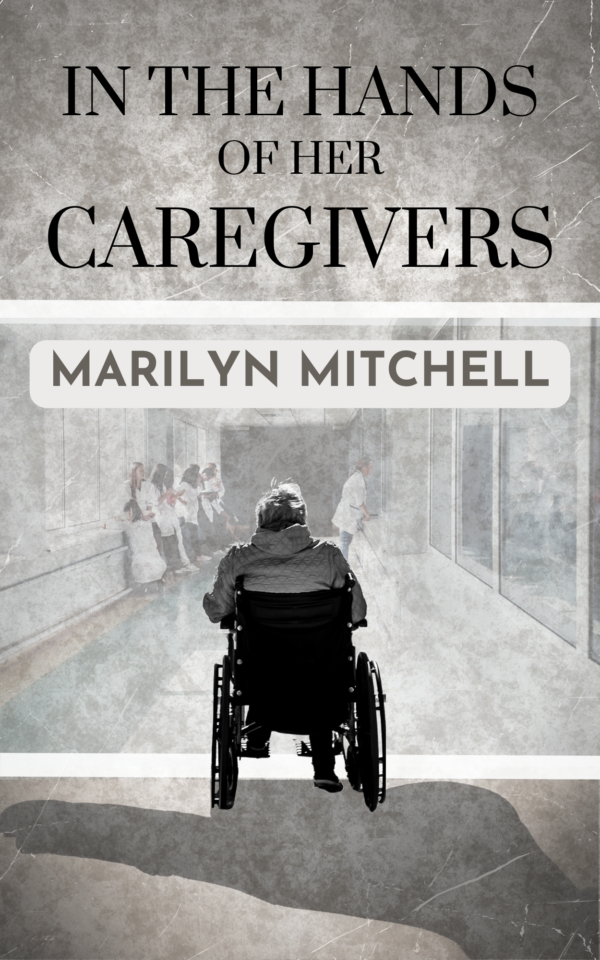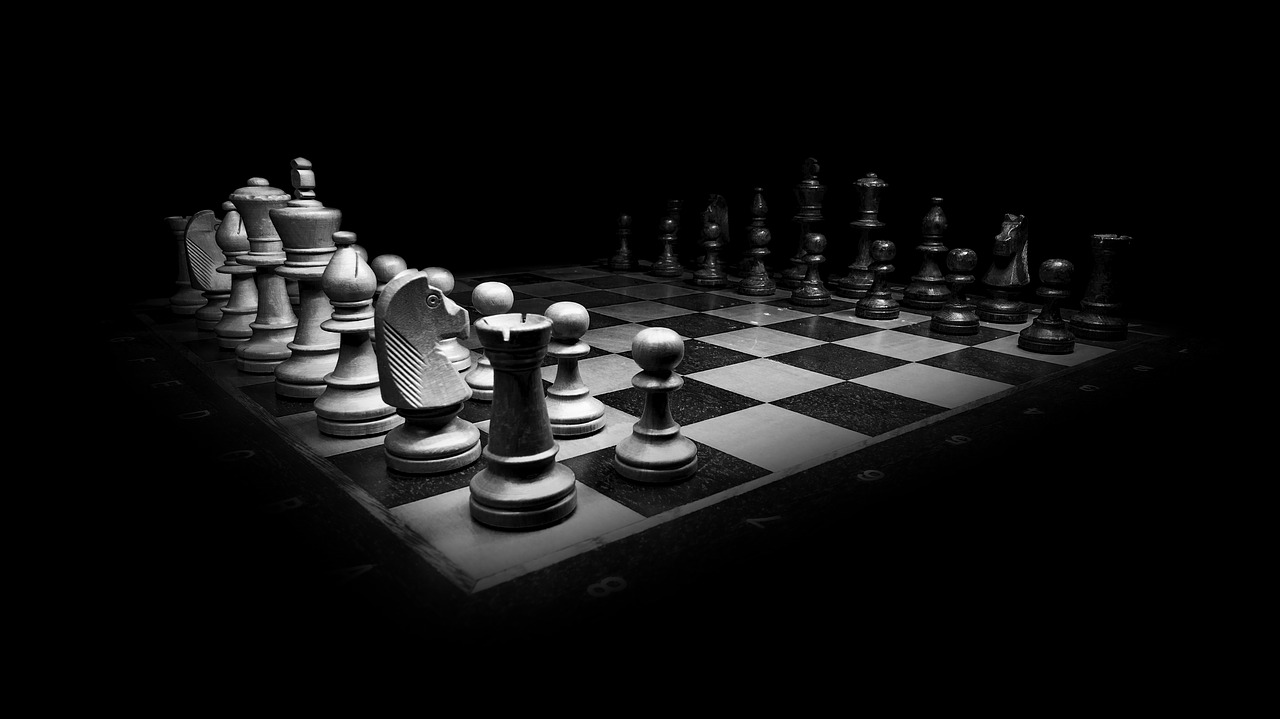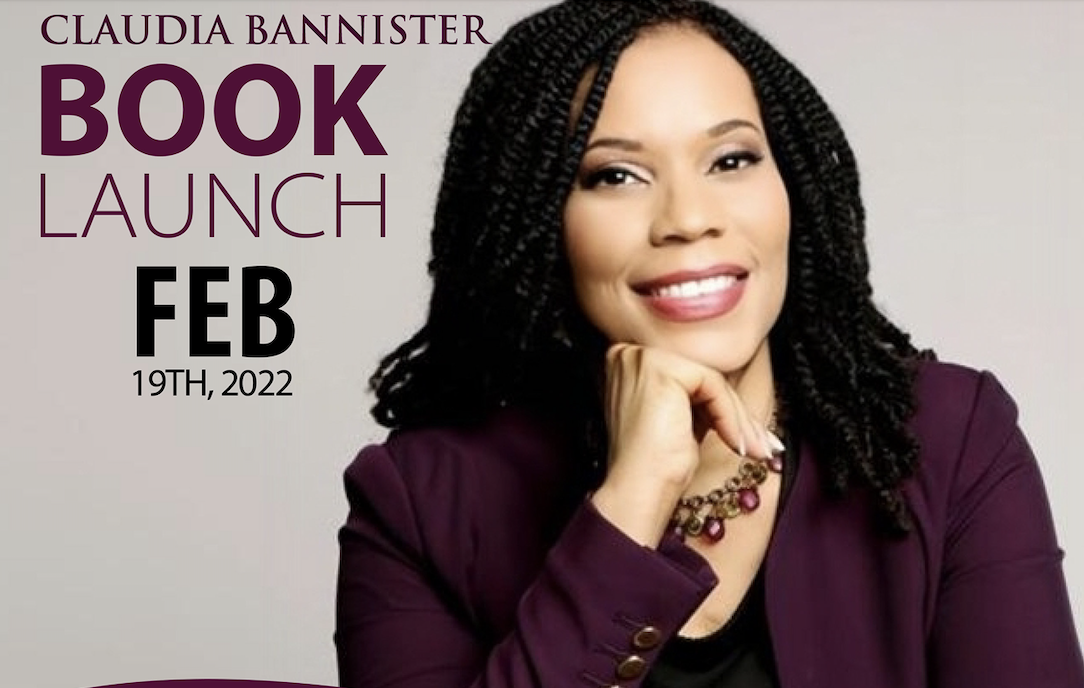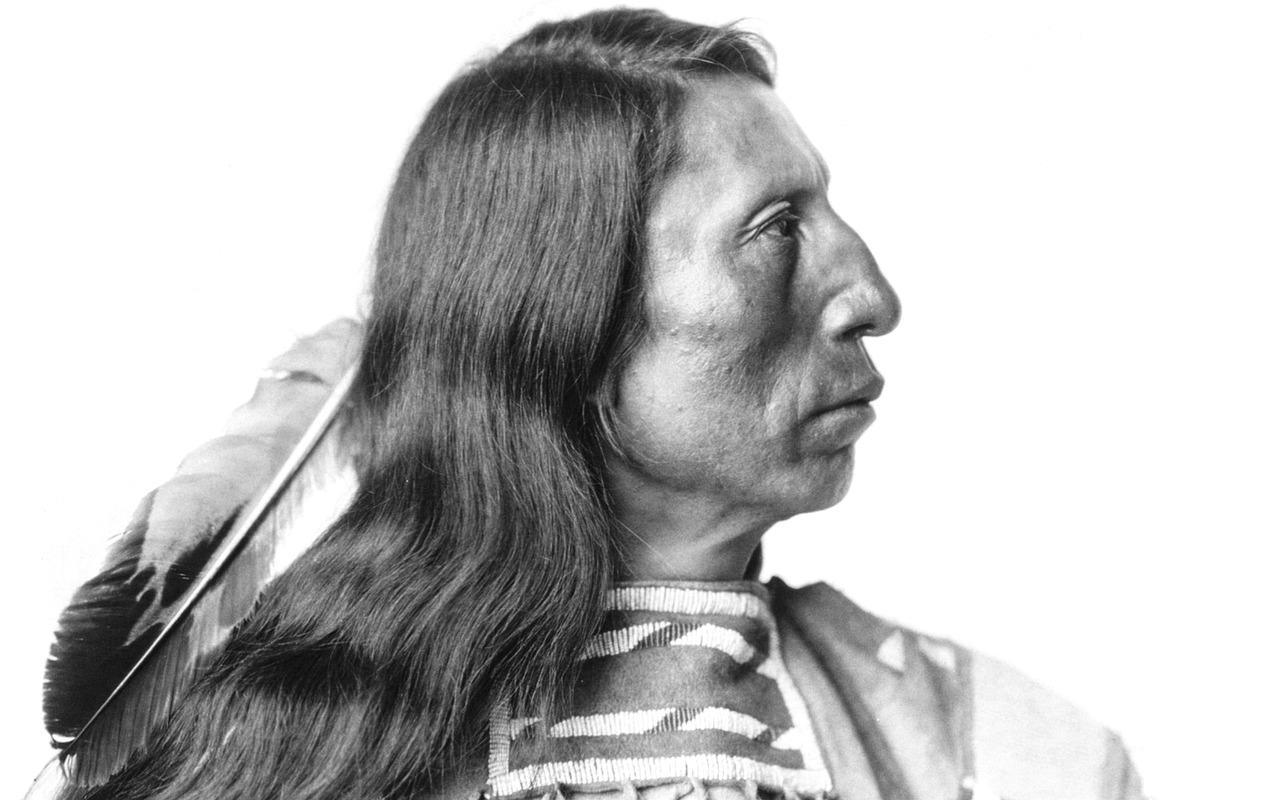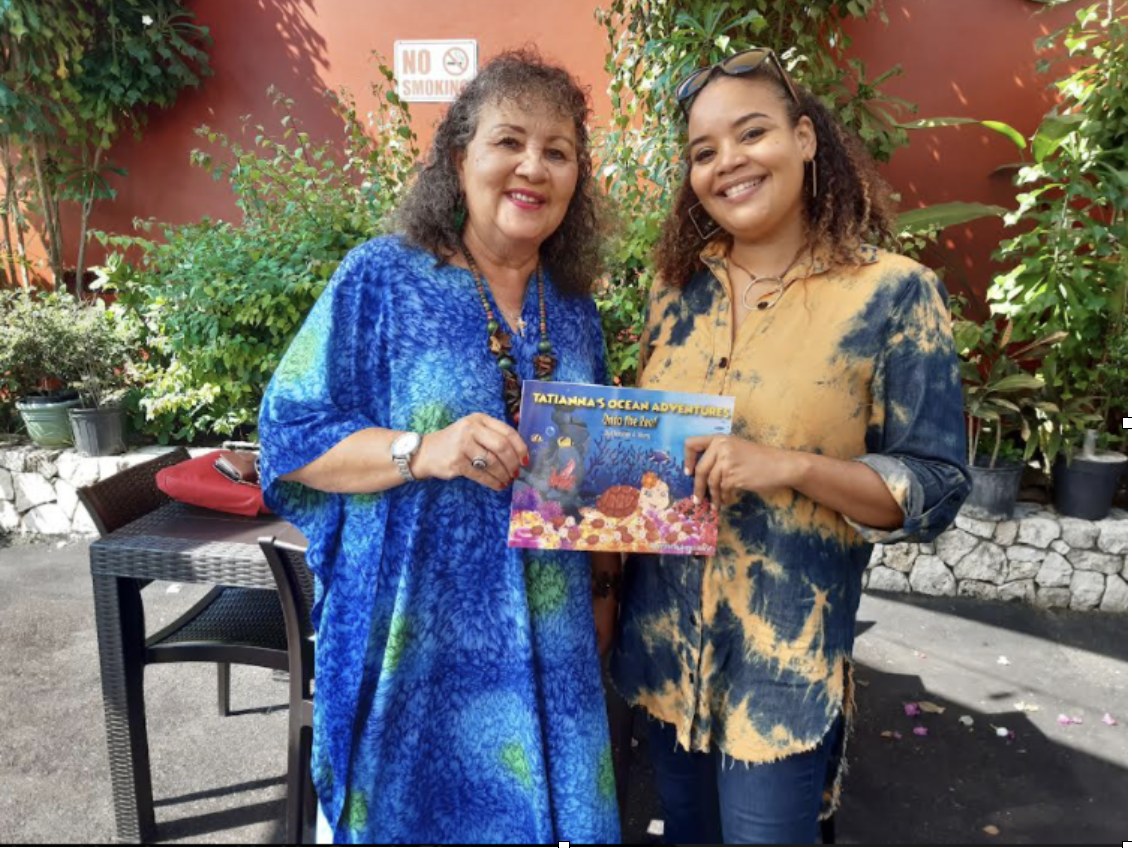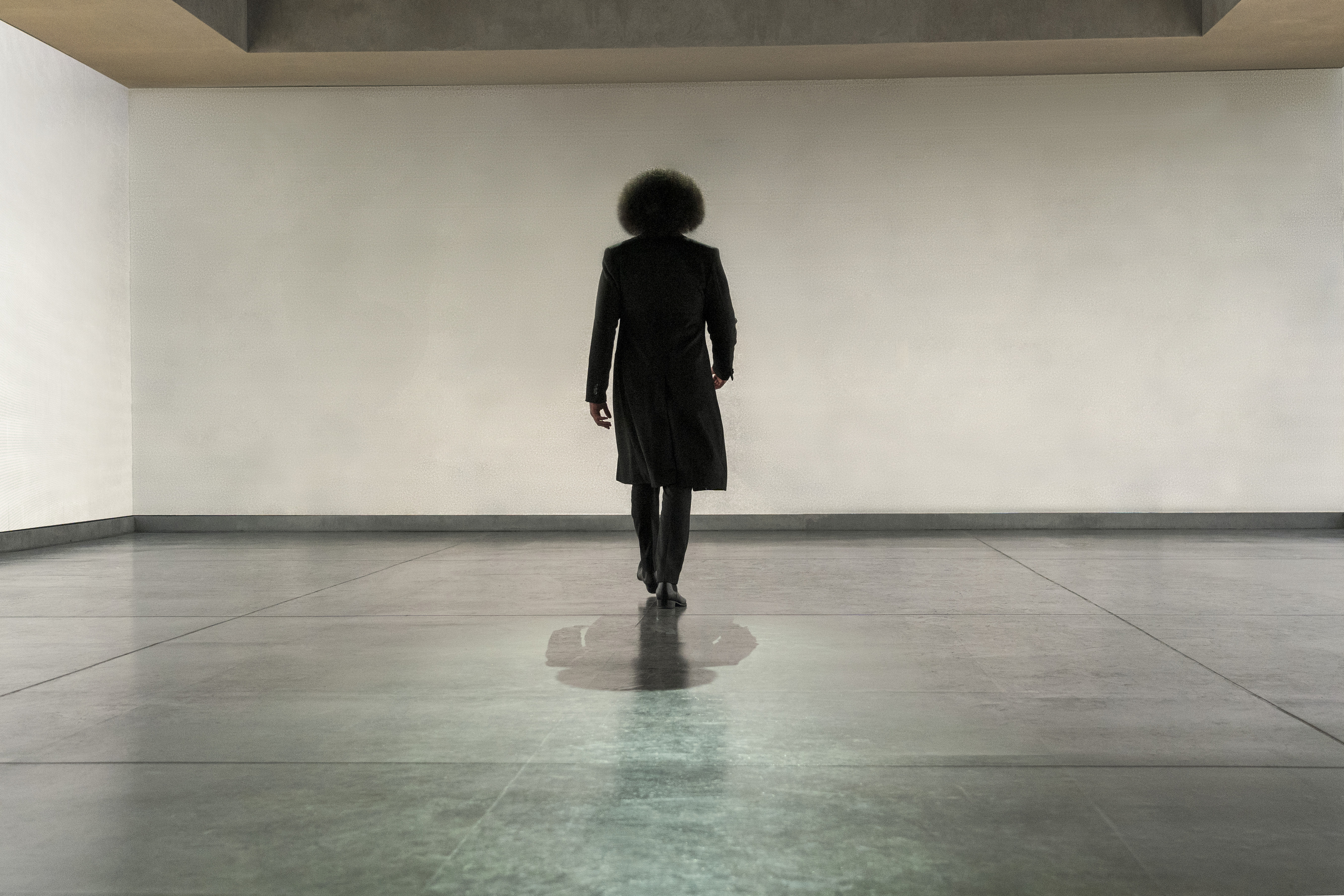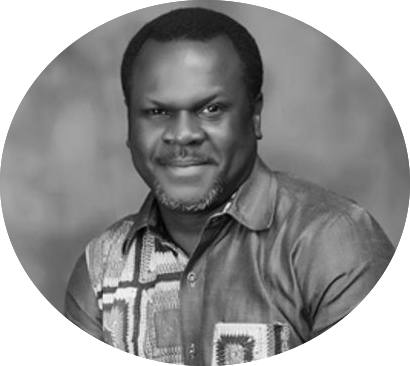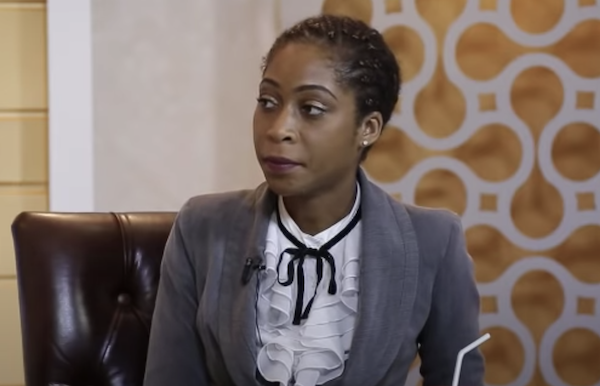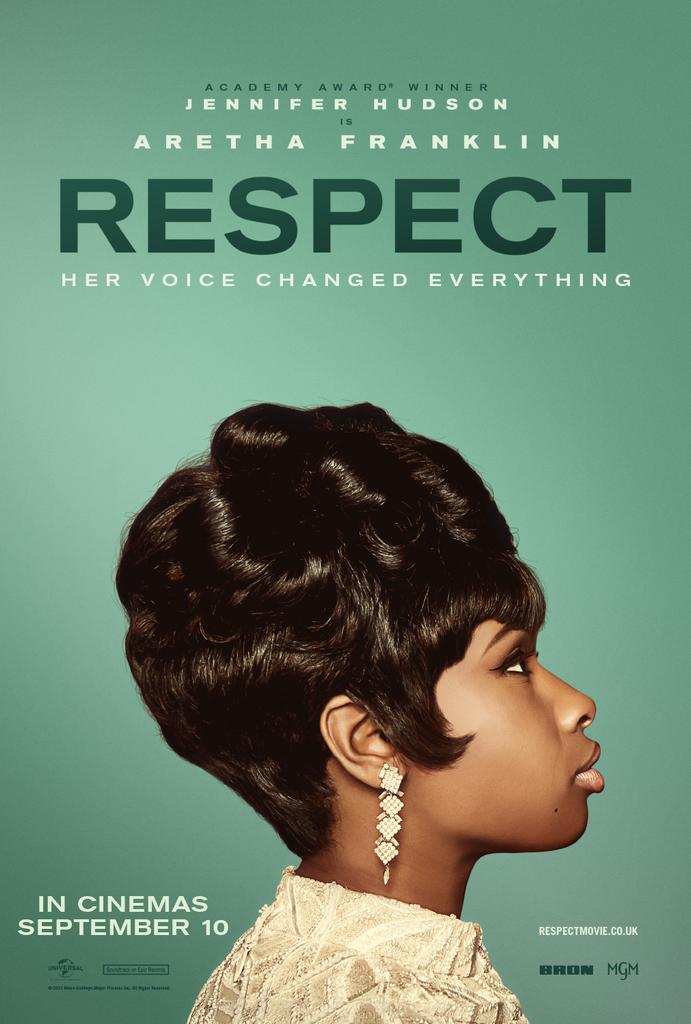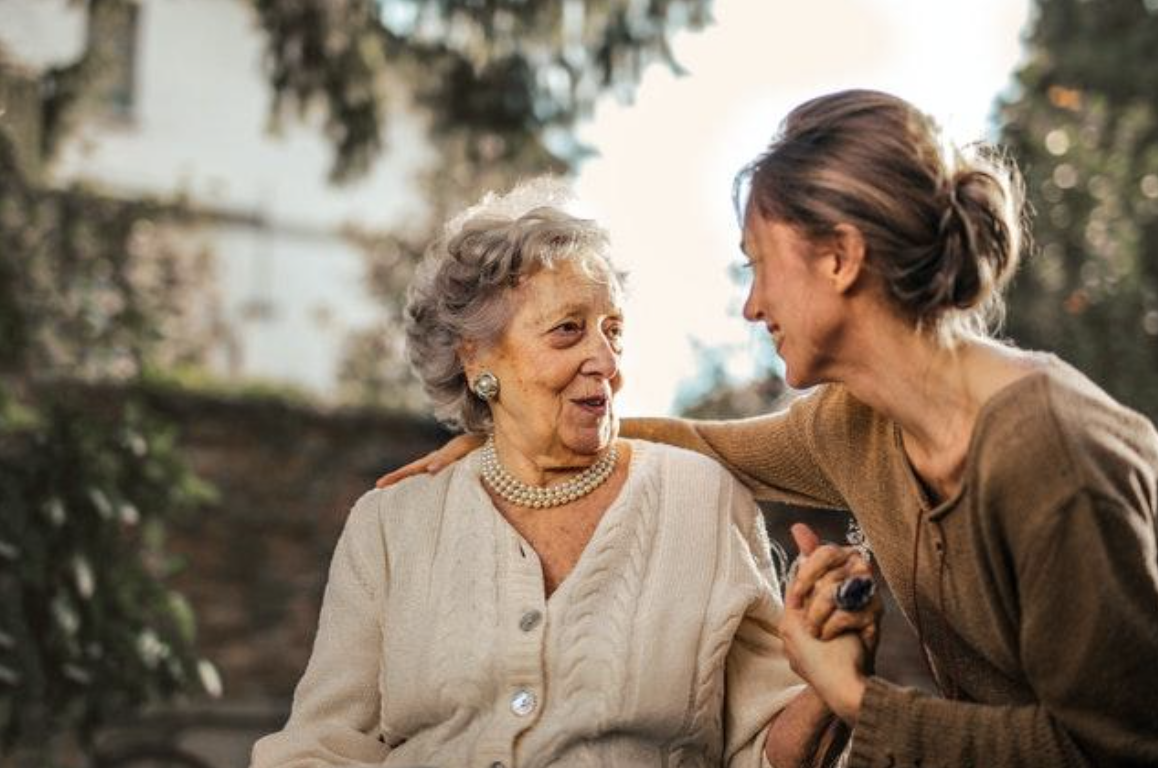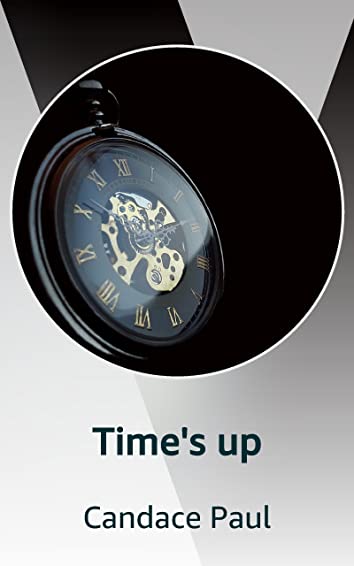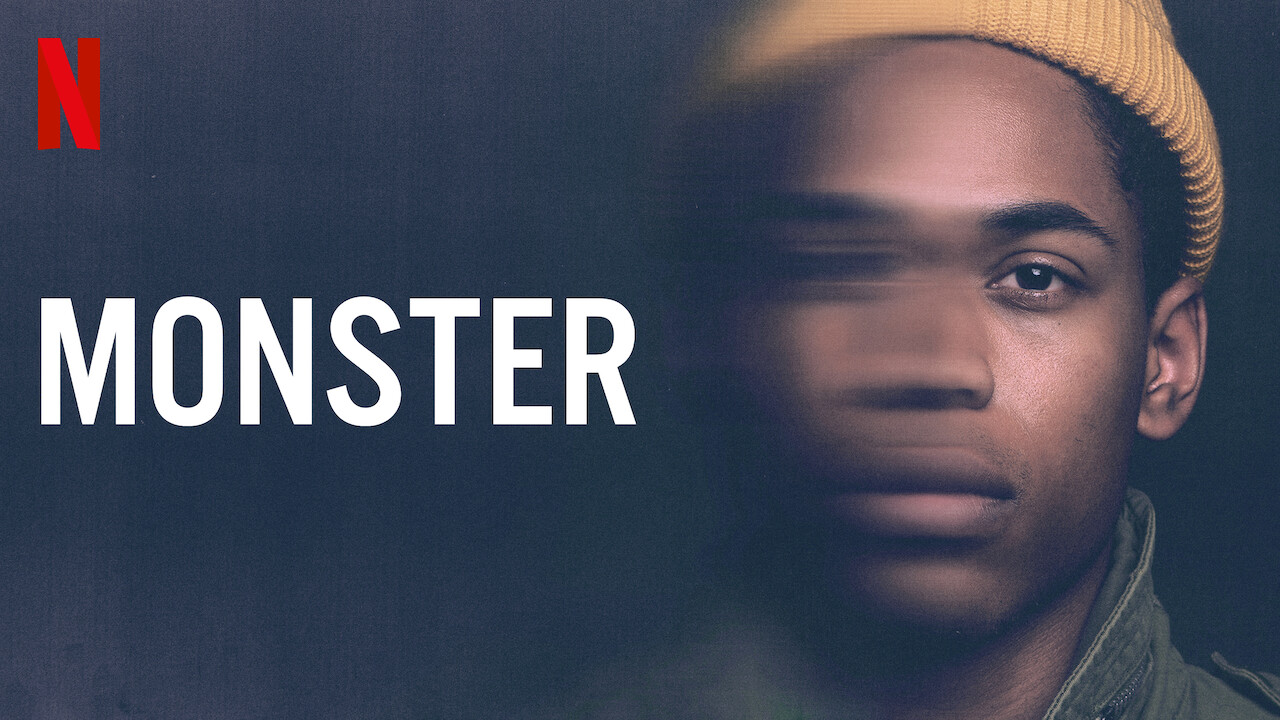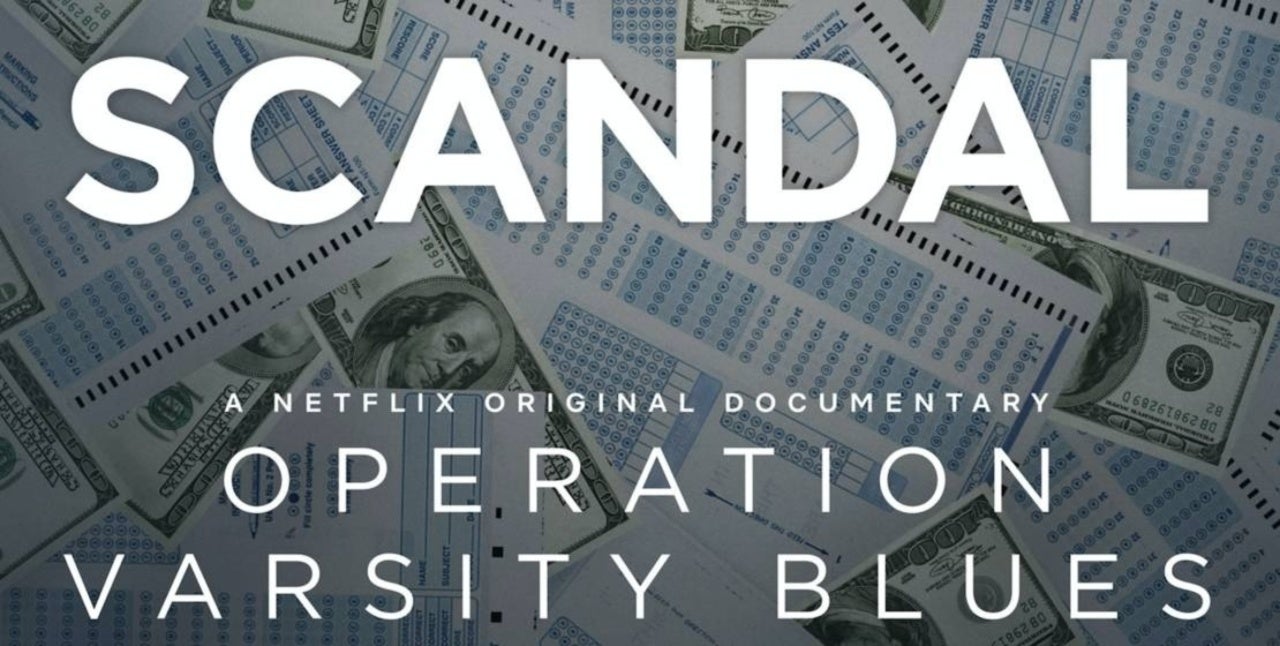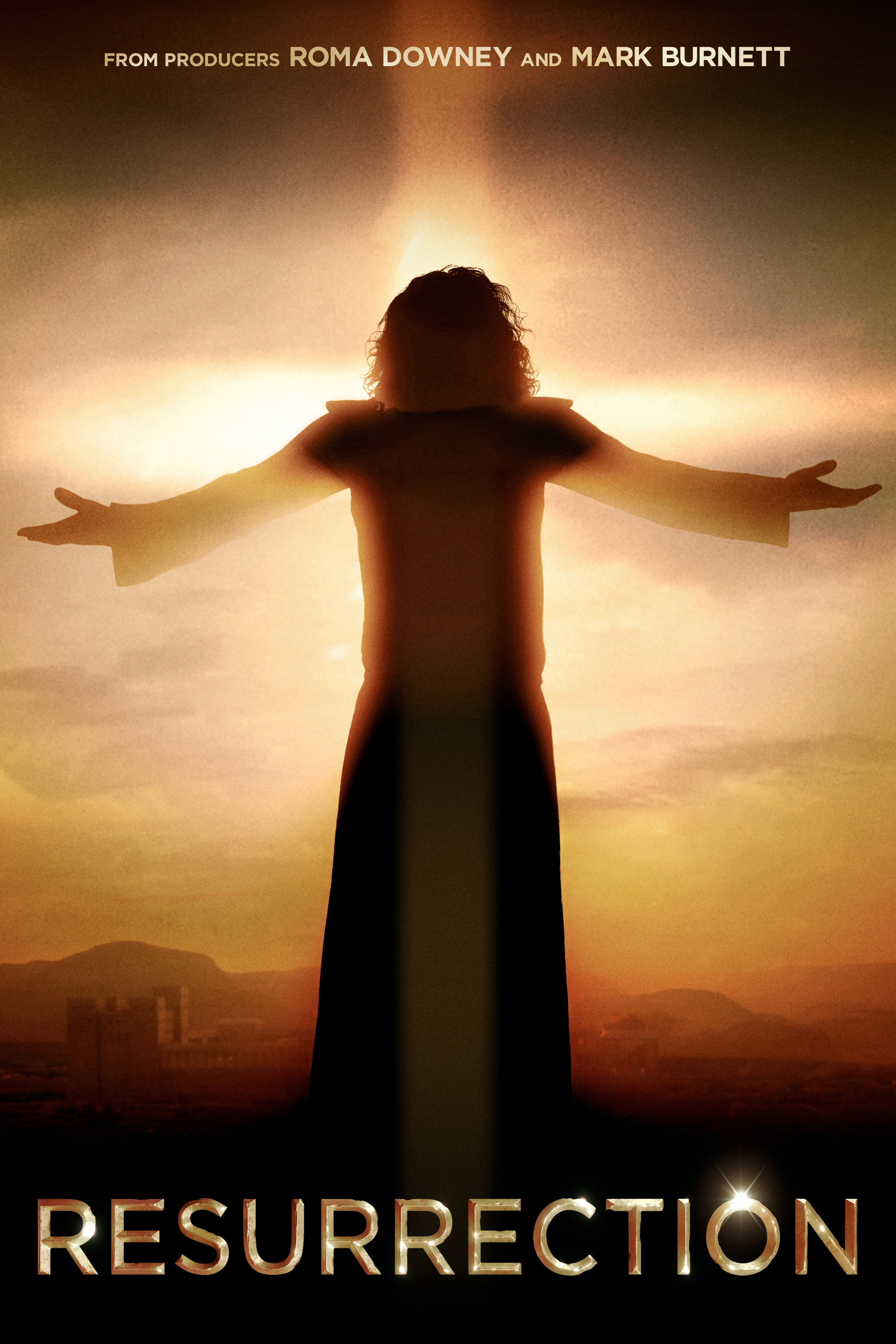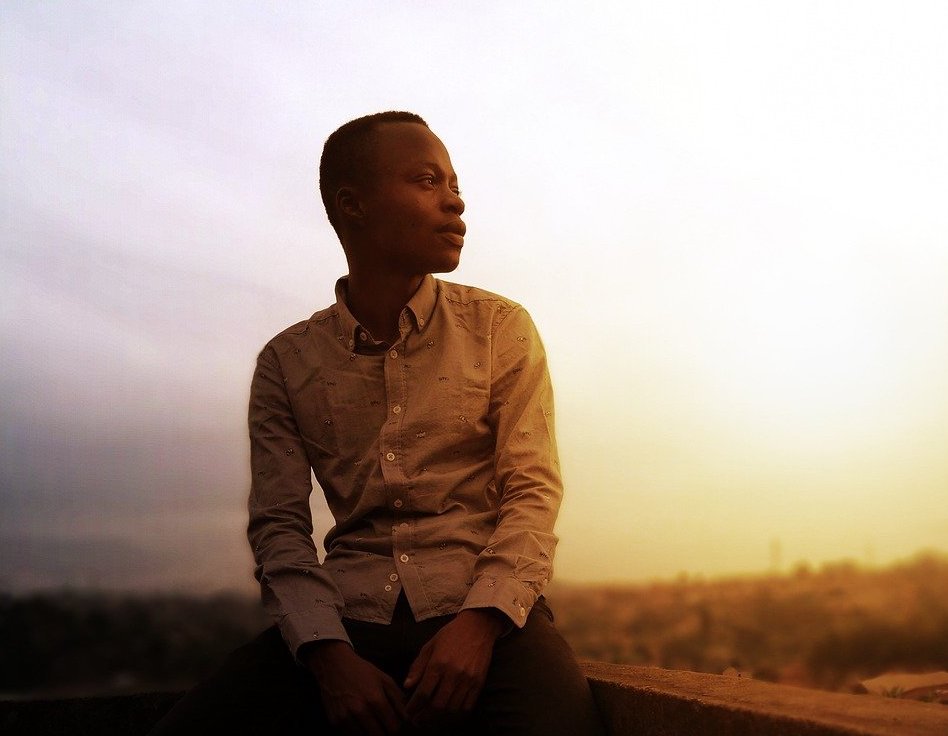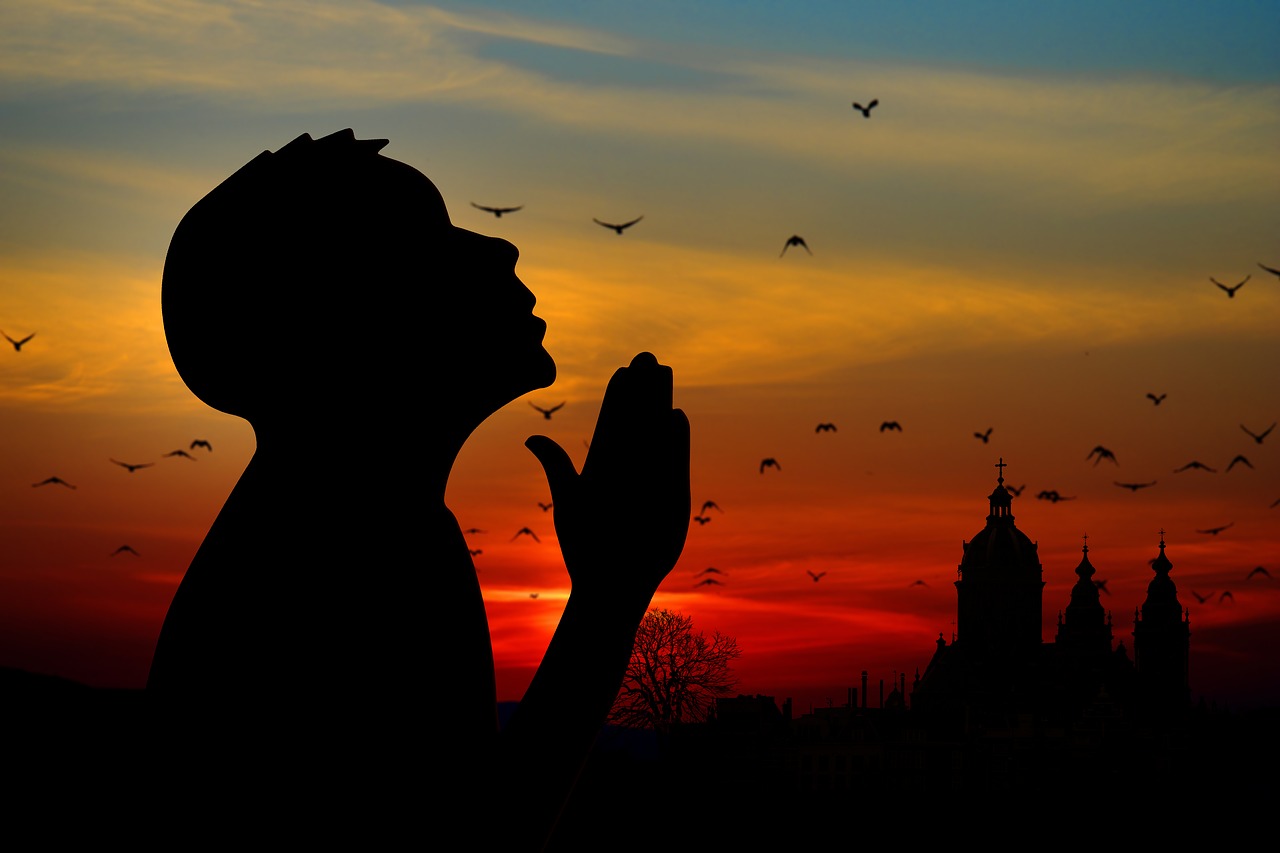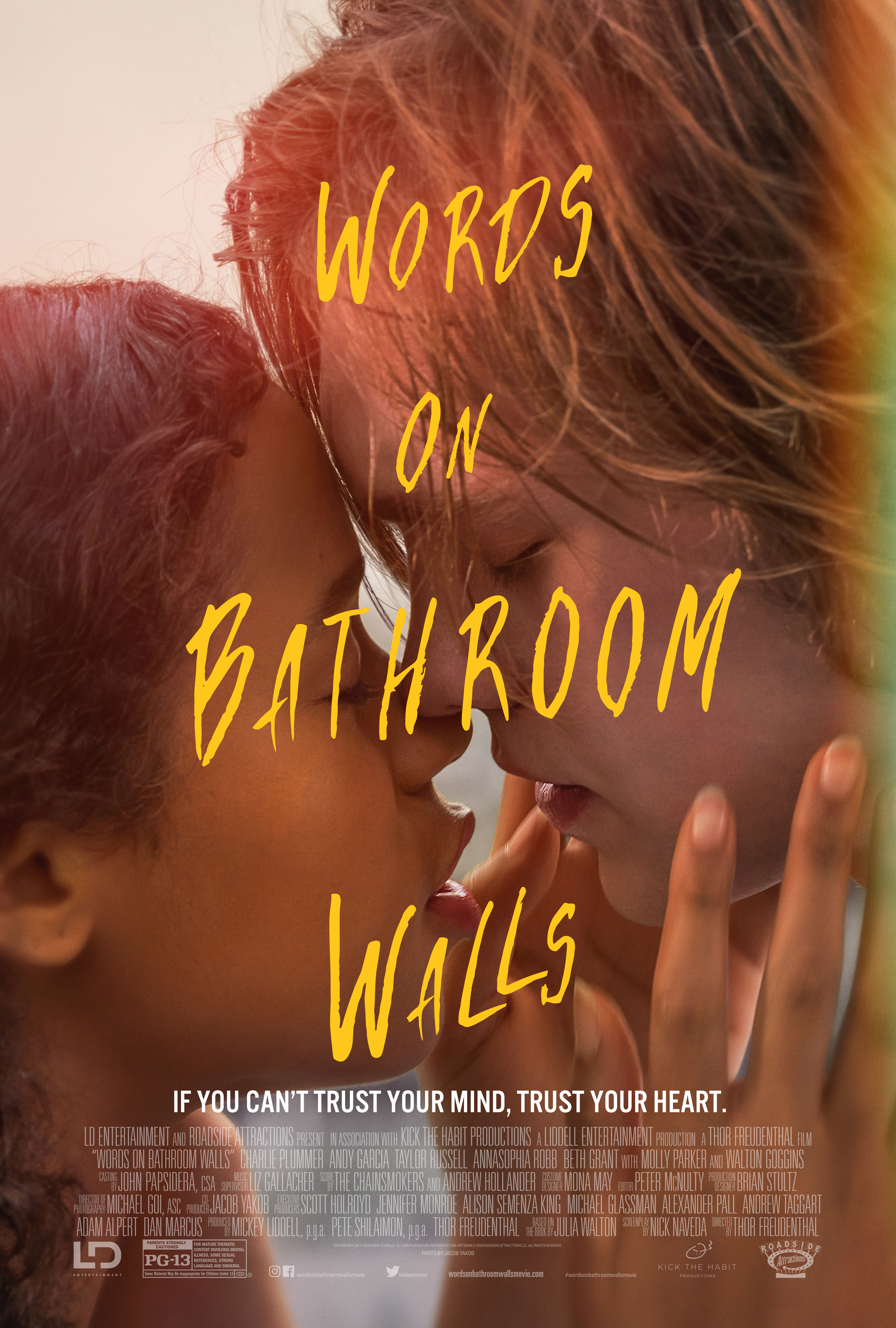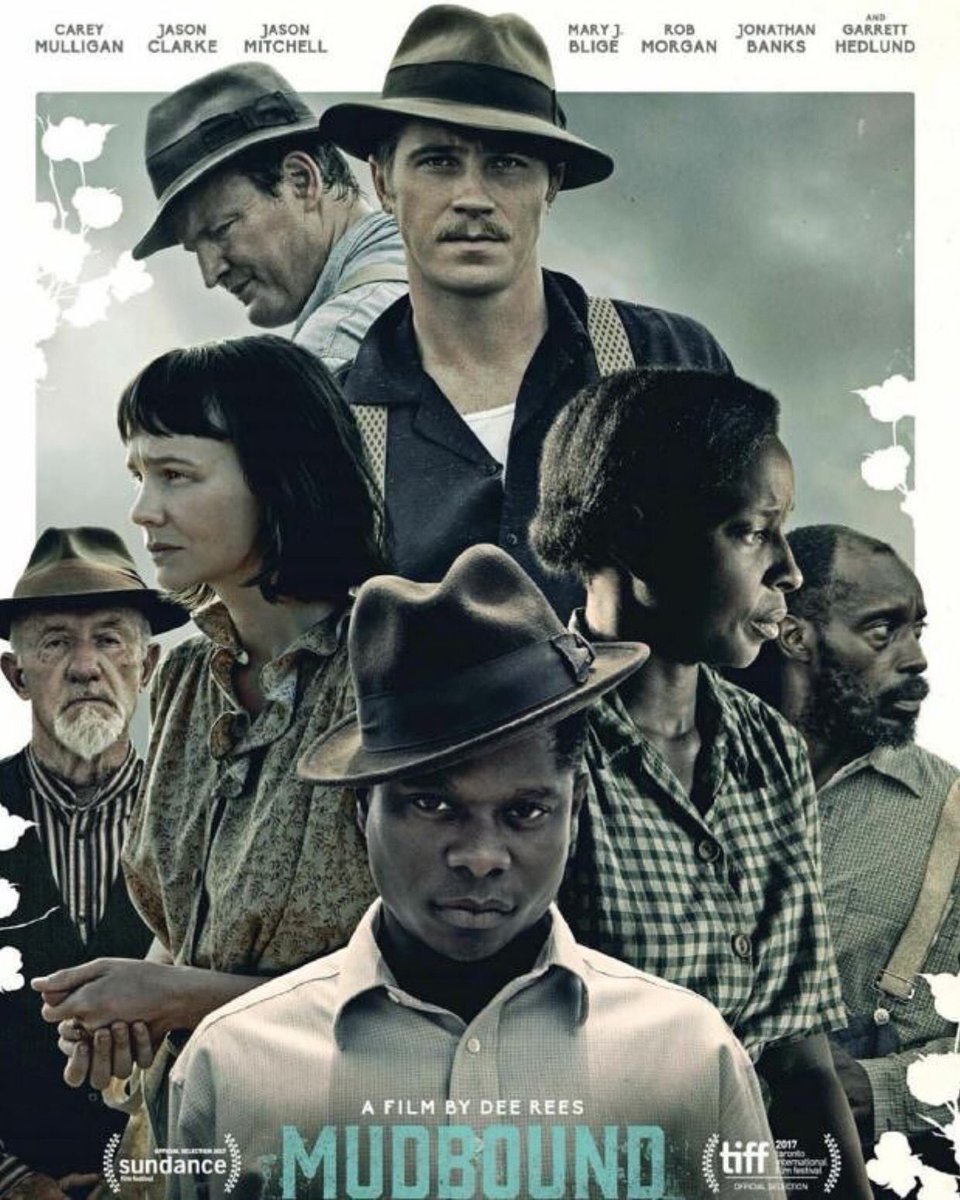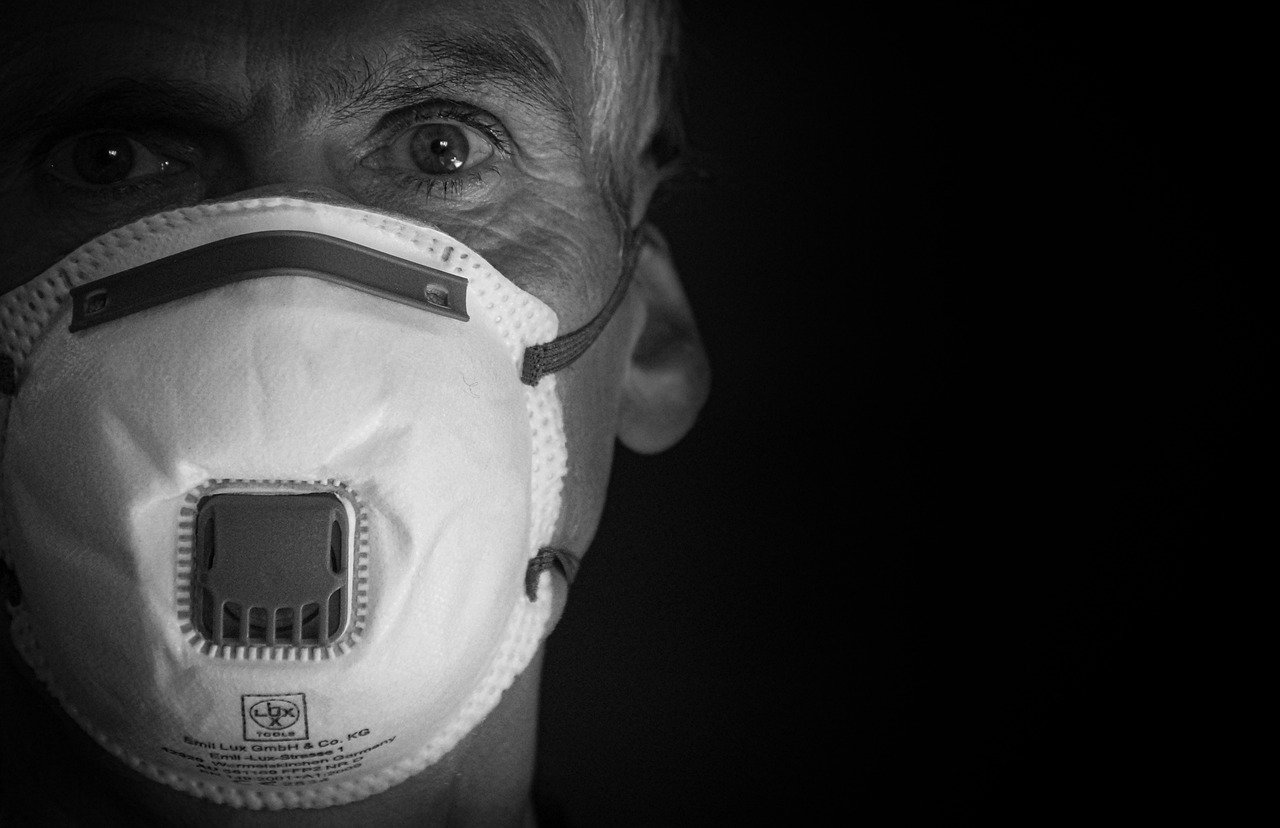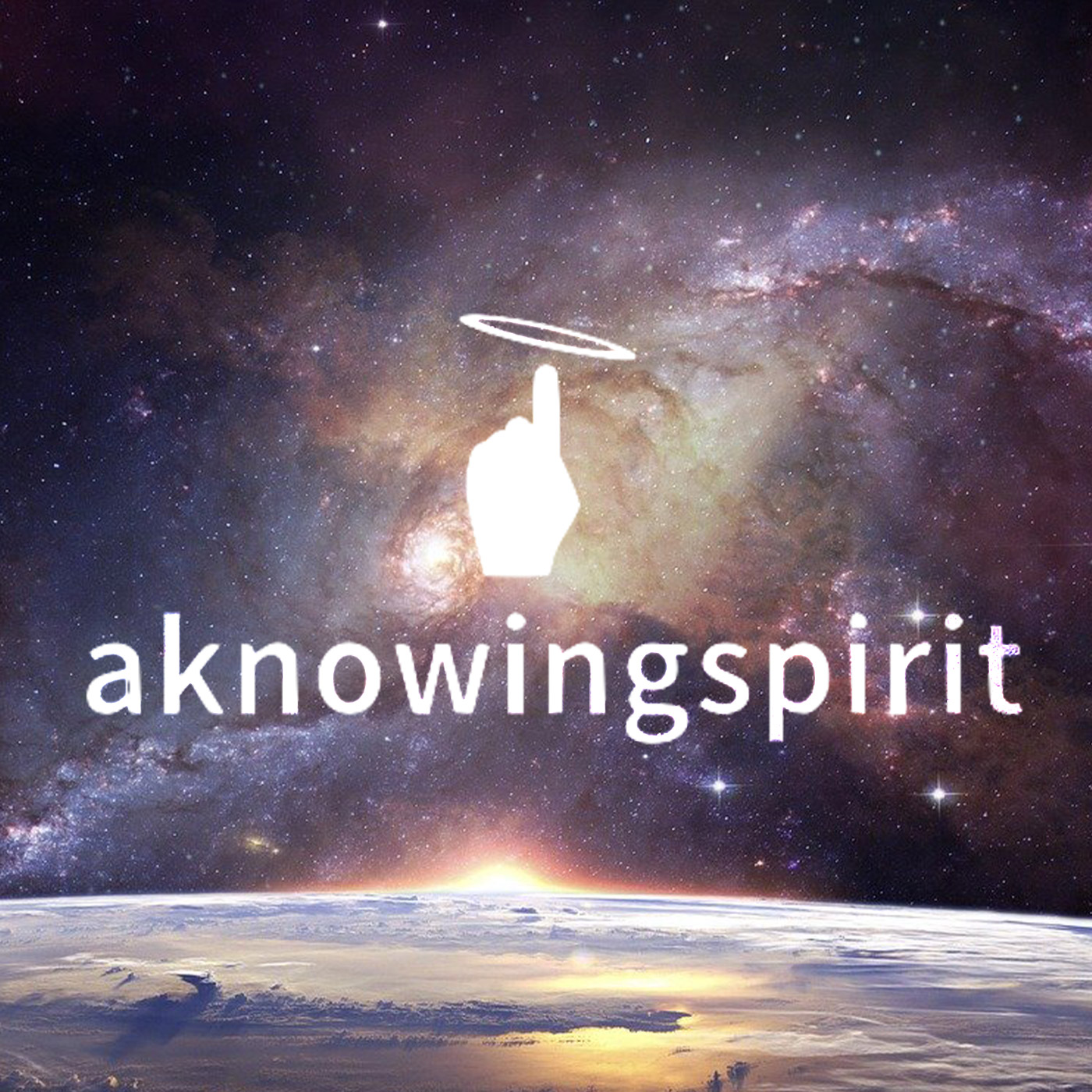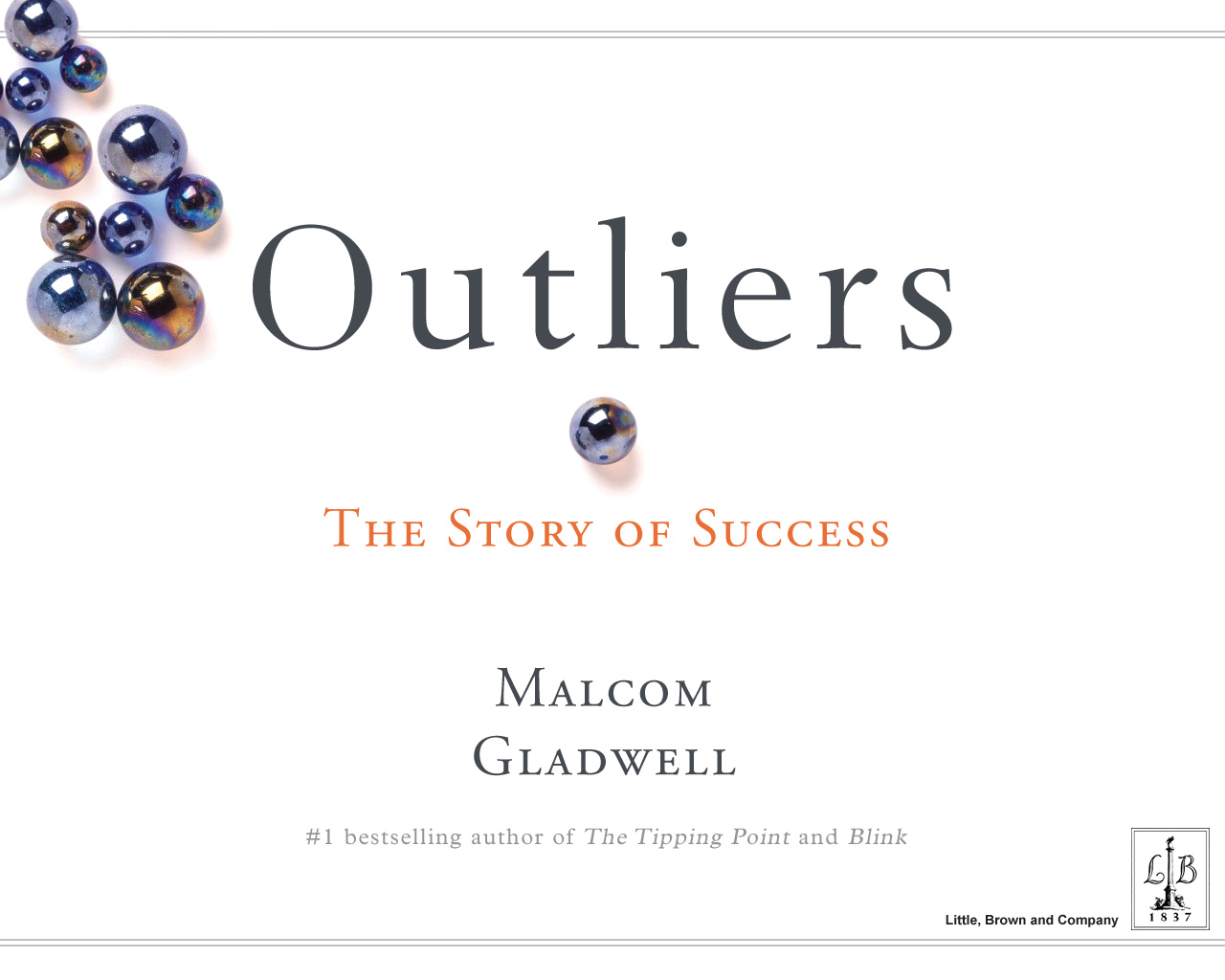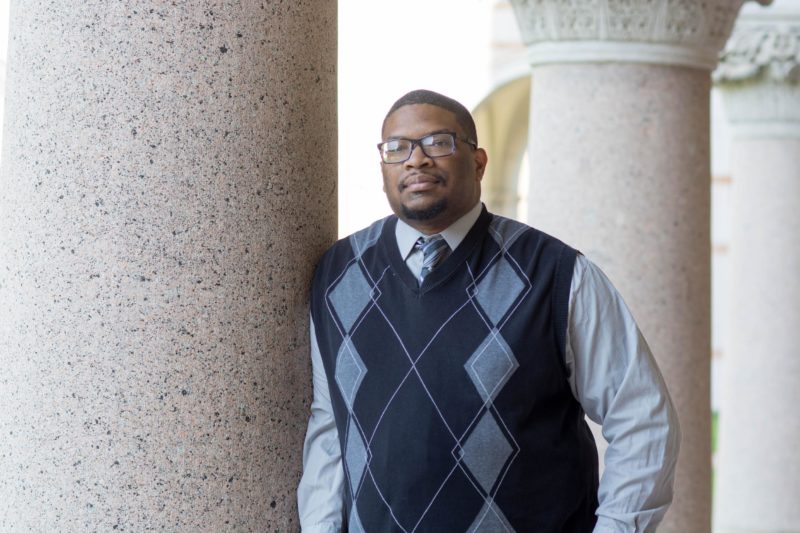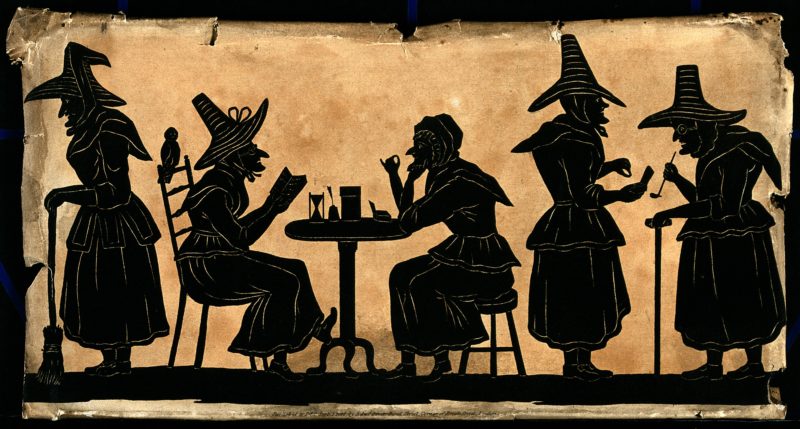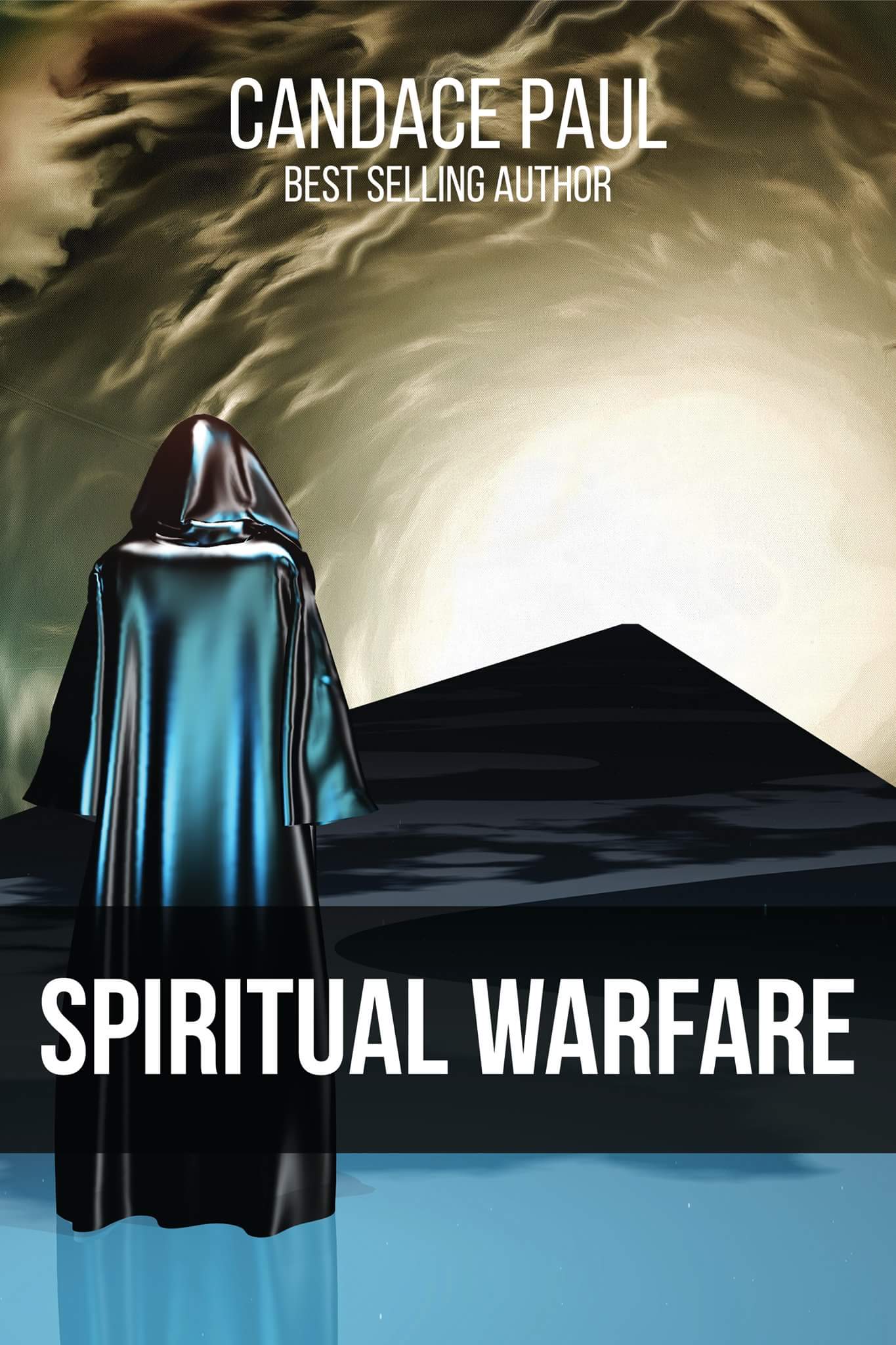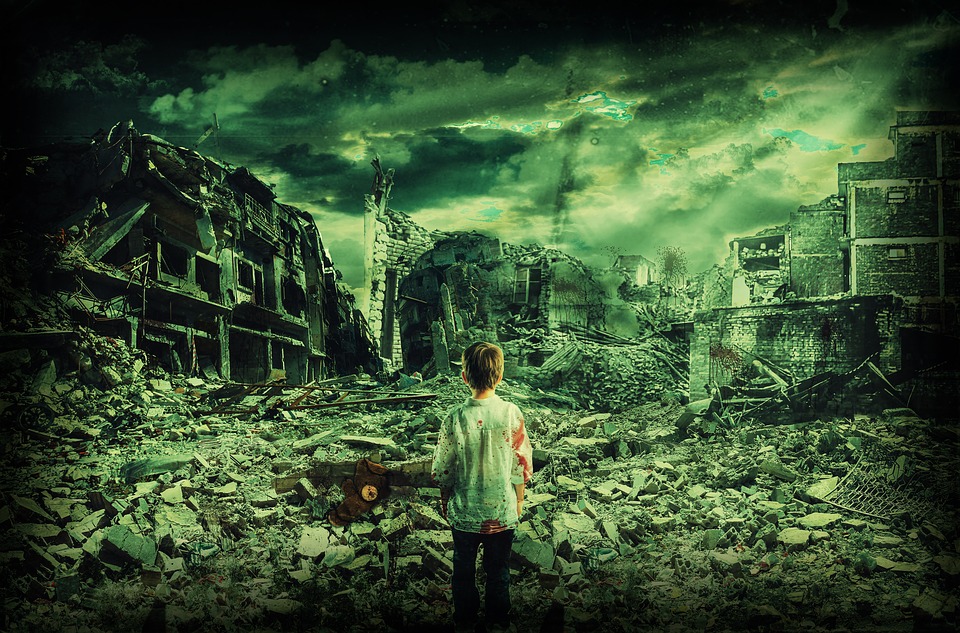Book review “Outliers” by Malcolm Gladwell
I enjoy social science. I didn’t realize how much until I started reading Malcolm Gladwell’s books. In my book reviews, I like to analyze the writing – how clearly and interestingly concepts are conveyed. But more than that, I really like to dig into the substance and the major takeaways (I’ll get into those later). If you’re worried about spoilers, don’t be. There’s so much richness in Gladwell’s work that my overview only scratches the surface! Gladwell does an amazing job of introducing the reader to a subject you think you know, and then artfully revealing something you didn’t expect. That happened many times while reading Outliers. He uses this technique to explain why the best hockey players have similar birthdays, or to explain the reason for most plane crashes. I refuse to ruin it for you, but you too will see what I mean. This was just one of the reasons I found the writing to be incredibly skillful. I read most of the book aloud to my parents on car rides while on vacation, and there were virtually no hiccups in the writing. Any stumble or stammer I attribute to my poor eyesight and the bumpy road. There were very smooth transitions throughout the book from concept-to-concept and between each case study. Substance The book Outliers is about success, but once again, in a way that you wouldn’t expect. Gladwell candidly examines the most successful people we all know – Bill Gates and the Beatles were among many others. He demonstrates that their successes are a perfect storm of ability, community, and opportunity, and even some luck. Gladwell proves throughout the book why we should abandon our false belief that successful people did it all alone. Instead, we should adopt the belief that their success was possible because of the opportunities they were given or by unique circumstances that were created through forced opportunities. In the case of the Bill Gates and the Beatles, they had the golden opportunity to get unfettered practice of their crafts. Bill Gates had access to cutting edge computing technology when most didn’t and the opportunity to use a computer frequently – at a time when many could not easily access a computer. Similarly, when the Beatles were just starting out, they had the chance to play at a pub every night for a few years. So, by the time they made their debut in the US they were stage-ready, comfortable and confident, and had mastered their on-stage chemistry as a group which set them apart from other bands. But Gladwell also shows us that sometimes “missed opportunities” are actually great opportunities for those willing to accept a challenge. He discusses how Jewish lawyers in the 1930s in NYC had very little chance of securing jobs at top law firms or any law firm. Discrimination forced them to start their own firms, take cases no one else would, and do highly specialized legal work no one really needed at the time. Eventually, the way companies were doing business with each other began to shift, and those best poised to handle the changing times happened…
PART I: Not Surprised by The College Cheating Scandal…Here’s Why
Many of us have had to endure the mental anguish of a standardize college entrance exam. You, and a long line of other students, anxiously wait to enter the exam hall. You make sure there’s enough space between you and other test takers, then patiently wait for a proctor (usually a retiree with a bunch of free time) to place a neatly packaged and bounded exam on the table. Time is called. You take the test. You do your best. Then you wait on pins and needles for the results. Once they come…if you pass, you’re relieved! If you don’t…then you just regroup, settle on the fact that this time other test takers were more prepared than you, and then if the opportunity presents itself, you try again. Sometimes you win, and sometimes you lose. That’s just how the cookie crumbles. But the single most basic assumption we adopted about this process, was its “fairness.” Well…We thought wrong. Background On March 12, 2019, the FBI announced that actresses Felicity Huffman and Lori Loughlin were part of a network of wealthy individuals paying millions to place their children into elite universities (see original story here). When news broke, people were incensed, probably because those of us who have gone through the college prep process, know how rigorous, costly, and tedious it can be. Furthermore, we also know how so much of it is left to chance. That day social media was on fire with people outraged, disappointed, or genuinely in a state of shock by the news. I, however, was none of those things. I was only surprised by the fact it made the news! Let’s Get Real… via GIPHY If anyone is under the illusion that this begins and ends with Felicity Huffman, Lori Loughlin and their cronies, you’re definitely not paying attention…to LIFE! First off, the “air of entitlement” is fostered very young in the United States – which plays a huge role in this. My dad who came to this country at 19, told me he never understood award ceremonies in the United States. It seemed like every single student received some award – even those undeserving. He came from a school system where students were publicly ranked, called on in class to provide answers, and they were expected to know the right ones. If students were unprepared, they fail. No exceptions. The only “awards” were passing grades and narrowly escaping the wrath of your parents. Now, I don’t necessarily agree with how hard they went to prepare students back then, but one thing was clear: All of them were prepared for life. All of my father’s classmates (even the ones who weren’t high ranking), can do complicated math calculations in their heads, are very well read, hardworking, and overall studious individuals. Many of them went on to become professors, successful entrepreneurs, or company executives. This isn’t to say that none of them experienced failure – I’m certain they did at many points. The difference is that they learned how to cope with failure, and in so doing, figured out how to win next time. Cheating is a Disservice to Your Kids.…
A Special Kind of Introduction: Nelson Hawkins Jr.
Greetings, I’m Nelson Hawkins Jr. I am honored and privileged to be a part of the Aknowingspirit team. I’ve known our fearless leader for a couple years and I am proud to partner with her. So, who the heck am I? Let me tell you about myself. Born and raised in New Orleans, LA. Moved to TX in 2006 for school. Did lots and lots of science and even got a fancy degree. Joined a church along the way. Ascended from sweeping after church to being a part of the Advisory Board. Served as Marketing Director. Served as technical advisor. Started my own ministry. Got a YouTube Channel and an Anchor podcast spot. I even tutor science, math, and standardized tests. But I count it all as rubbish for knowing Jesus Christ. Why? It could be as simple as saying that knowing Christ is how I got here. While that would be true, I want to go just a little bit deeper. Identity is the part of our belief system that gives us our self-worth. We have to understand identity as a whole, our identity, and the shortfalls of our identity to begin to know what to focus on what to pray on before God. Essentially, our issues and pain come from shortfalls in our identity. But let’s break down the importance, shall we? There are four elements to identity: (1) Made in God’s Image in Likeness/Identifying with Christ: It all begins with Christ. His light is what permeates into our spirits, brings us salvation, and allows us to live the fullness of life. Therefore this is the part of identity that must come first, because all things come from this. (2) Our God-given purpose: Our walk and our purpose come next, because this is what makes us unique amongst all people who follow Christ. This has three different elements to it: the general call, leadership, and the specific call. The general call is for us all, and it’s the five areas of our living: personal, family, career, church, and community. Colossians 3:1-4:6 (or any epistle really) breaks this down eloquently into each area, and all must be on point to cultivate our identity and relationship with God through Jesus Christ. Still, knowing Christ transcends this, because without Christ this cannot be developed. (3) Our heritage: I’m a Hawkins. Our fearless leader is a Paul. Our family lineage matters. Otherwise, why would Matthew 1 take so much time to talk about the lineage that Jesus doesn’t biologically/spiritually come from, but rather culturally. Our families make us unique and set the stage for generational trends, that can only be broken through Christ. (4) Our ethnicity/race: I’m black. Some of you may be white. Black, white, latino, asian, middle eastern, everybody’s ethnicity/race is a part of their identity. It’s just the bottom of the totem pole. The problem is that because it is easier to identify with the tangibility of things like race or heritage over anything else, a lot of the division is in the world and strife among the peoples. I still have confidence that Christ will reconcile all the…
Christian Witches? Huh?
A dear friend of mine sent me a video on my Facebook timeline. It contained an exuberant black woman talking about a Christian witches convention in none other than Salem, Massachusetts! I couldn’t believe what I was watching, much less hearing—Christians calling themselves witches. As discerning, bible-believing Christians, we should not be surprised at any of this. Scripture warns us that the end of the age would be marked with the rise of false teachers, false Christs, and false prophets, and they would be invading the local churches. The Apostle Paul disputed with these individuals on more than a few occasions. 2nd Thessalonians 2:3 “Let no man deceive you by any means; for that day shall not come unless there is a falling away first (apostasy from the one true faith), and that man of sin be revealed, the son of perdition.” Notice in verse seven, Paul talks about the mystery of iniquity being here and at work. “For the mystery of iniquity doth already work. Only he that letteth will let until he is taken out of the way.” Warnings about false teachers and the spread of false doctrine spreading throughout the church became a theme in the New Testament epistles. 2nd Timothy 4:1-4, 2nd Peter 2:1-19. Jude 1:4. 1st John 4:1-3, but Deuteronomy 18:10 is pretty apropos for the subject of this treatise. Christians are not to have anything to do with witchcraft, the occult or the secret, hidden things. God’s word says that the secret things belong to Him alone. Inclusionism Since churches are becoming more accepting of other beliefs (inclusionism), anything can be considered “church” these days. Postmodernism is running amuck in this spiritually starved, social media, starlit, culture. Everyone claims to be spiritual, so they get involved with a group, or jump on the internet and claim they are some sort of “teacher”. This is part of the reason why so many social media outlets such as Facebook, Twitter and Instagram is so popular. Who would ever thought Christians would be calling themselves “witches”. Yet, here we are. Popularity is Powerful The occult is rising in popularity now. It has gained an attraction, especially with young people today as a result of the breakdown of the family structure. Satan is waging war in our youth’s lives since they do not have the protection of a loving, Godly father in the home. The mothers are getting younger, and more preoccupied with the love of the world as opposed to the love and protection of their children. In fact, they do not want the responsibility of caring for them. That is why they become adults and become victims of false doctrine, aberrant religious movements, or become members of cults. If we had more godly parents (mom AND dad who are COMMITTED to one another in a marriage relationship), we would not have so many young people attracted to these things. Getting involved in the occult is strictly forbidden in scripture (Deuteronomy 18:10). Christians are not to delve into the Devil’s domain. Not only is it spiritually dangerous, but it is against God’s commandments. Calling yourself a “Christian”…
The Tragic Suicides of Kate Spade and Anthony Bourdain
(To listen to this post, play below.) From the outside looking in, Kate Spade and Anthony Bourdain, had it all. According to Goodhousekeeping Kate Spade had an estimated net worth of $150 million in 2018, and Anthony Bourdain was also doing very well with a net worth of about $16 million. Both celebrities had wildly successful careers doing what they loved. Spade, was an industry leader in fashion who built a household brand, best known for her line of designer handbags. Likewise, Bourdain introduced us to his love of food and travel, while sharing the untold stories of amazing people and places each week on CNN. So, what happened? It’s hard for us to wrap our minds around suicide – especially when their lives seemed great. Secret Battles None of us can know what a person is battling in secret. Sometimes, guilt, heartache, fear, and rejection may feel so real, that it also seems inescapable. Bourdain never hid his ongoing struggle with depression, and drug addiction. In his bestselling novel, Kitchen Confidential, Bourdain described his fast paced life being a celebrity chef and all the drug use that came with it. Spade also struggled with similar problems. According to a People Magazine article, Spade struggled with anxiety and depression for years. Spade’s husband confirmed she was seeking help for her mental illness, but the two had been living apart for ten months – although not formally separated. Life Under a Microscope I imagine these secret struggles are amplified by fame. Where as many of us can suffer a hardship and get through it – without the world knowing or critiquing; that’s the luxury celebrities don’t have. Everything they say and do is picked apart and analyzed. One small misstep or off-the-cuff remark can become a catastrophe that not only affects them emotionally, but may have major implications for their businesses and brand moving forward. This in essence becomes the trap. So much of what celebrities do rests upon likability, that it prevents them from telling someone they’re in crisis. Instead of being totally transparent about what’s happening, they’ll think, “How might this be used against me?” That question prevents them from getting help. They may try to find peace in other ways, but question if it can ever truly be found. So, what can we do as outsiders looking in? Show Compassion It may be hard to fathom how people with so much money can have problems at all. But we all know money doesn’t solve everything. Sometimes the hardest fought battles are internal, which no amount of money can repair. Furthermore, it’s not that celebrities don’t have problems…they’re just different problems. Staking your livelihood on trends, likability, popularity, keeping people’s interest, and materialism is ultimately unfulfilling, and celebrities find out fast and hard. In many ways, you can become “famous” without people really knowing or caring about who you are. To many people, Kate Spade may have been the “hand bag designer” or Anthony Bourdain, “the traveling food guy”, but not much else. I remember when Princess Diana died in the car crash and how photographers rushed to the scene – not to help, but to snatch…
UPDATE: I Took a Leap After All
I wrote an article titled, Why I Followed My Backup Plan and Not My Dream. The piece focused on being honest about the reasons why we choose to follow a backup plan instead of really going for it, and pursuing our dreams. I acknowledge in the piece, that in some instances, the back up plans we create may perfectly accommodate our changing circumstances. There is nothing wrong with adjusting plans in order to make room for more important things that happen in our lives. However, the key is honestly asking yourself if you stopped pursuing your dream because other things became more important, or because you were afraid you didn’t have what it takes to make your dream a reality? For me, I was on the fence. I had always wanted to be a writer. I had actually written a manuscript that challenges us to contemplate the spiritual consequences of our decisions and to take a hard look at what is happening in the world. I was passionate about the book and I hoped that it would help people think about their purpose. But after only few rejections, I tucked it away and shifted my focus to earning a law degree. Nevertheless, as I worked and studied, the hopes that I had for the book never left me. Then events happened that made me re-evaluate everything. I was watching the news and I heard yet another story of an unarmed black man killed by police. Shortly thereafter, I saw a documentary about the tainted water in Flint, Michigan and how the issue is still unresolved. Then, I read statistics about the crime rate in Chicago and the mass incarceration of African-Americans and Latinos. All of this was followed by learning that collectively humanity has passed the “Carbon Tipping Point” – which basically means we have passed a safe limit for Carbon levels in our atmosphere. I felt myself getting very upset and frustrated by what was happening in the world while simultaneously having this overwhelming sense that there was nothing I could do about it. To me, becoming apathetic was the worst thing that could happen and I could feel it starting to set in. The sad part was, that apathy made sense. If I truly felt there was nothing I could do to change anything, why should I still care about anything that’s happening? As if God smacked me on the back of the head to stop me from that negative line of thinking, I suddenly had a renewed desire to read my manuscript. At this point, it had been years since I read it. So, it genuinely felt like I was reading someone else’s words. In many ways…I was. I was reading the words of my younger self. I was reading the words of a young woman whose only desire was to figure out how she could use her talents to change things. She was optimistic, insightful, and faithful. She was passionate and motivated. Where had she gone? After I read the book, I was convinced it had to be published. Through fiction, my book discussed everything that…
Defense of the Faith: Let’s talk about “Spiritual Warfare”
I had the pleasure of being a guest on the radio show, “Defense of the Faith” with Author, David B. Chandler. We talked about Spiritual Warfare and my development as a writer. Click here to listen. Don’t forget you can purchase the book here: Getbook.at/SpiritualWarfare
Aren’t We ALL Collateral Damage??
Around 2009, I remember the news touting the success of an U.S. air strike in Yemen that killed 14 Al Qaeda operatives – including Anwar al Awlaki, thought to be an Al Qaeda leader and ideologue. Video footage of the airstrike was shown repeatedly on the 24 hour news cycle and was hailed a “win” in the war against terrorism. Although U.S. intelligence officials identified the hit as a training camp comprised only of Al Qaeda fighters, this camp was not in a remote location. Many reports confirm this camp was based centrally in a small town resulting in forty-one civilian deaths. As political pundits casually referred to the loss of life as “collateral damage”, I couldn’t help but wonder… aren’t all those lacking power and wealth collateral damage? Collateral damage is military terminology used generally to describe deaths, injuries, or other damage inflicted on unintended targets. Obviously, war isn’t pretty and these types of deaths are the natural result of conflict. But let’s be real, some people are more likely to be collateral damage than others. On the latest episode of the popular HBO series Billions, Bobby Axelrod (Axe) received a very special gift for his birthday from his employee and friend. It was a $360,000 down payment on a spot for Axe and his family in an opulent, fully-fortified, underground bunker made for lodging during a catastrophic event. Axe, a billionaire himself, somewhat scoffed at the idea of waiting for the mayhem to end with other pampered billionaires. After all, he could build his own bunker or use one – or both of his private jets to fly him and his family to a secluded island for safety. But, isn’t that where the rubber meets the road? As much as the elite try to convince us otherwise, keeping you and your loved ones safe during war is all that matters. Ironically, very few people have the luxury to ensure this outcome. While Bobby Axelrod is a fictitious character, the monetary strength he represents is far from unreal. Well connected men and women – with tremendous wealth, advocate war everyday. The catch is, they will never see a battlefield or experience the “unintended consequences” of war. Check out this real life luxury underground bunker. Essentially, our world leaders and the super rich can gamble with actions that might incite international conflict because their families will be safely whisked away from danger. Their children will only hear the bombs, yet feel none of them. It’s only the rest of us that will truly know what it means to be collateral damage should war break out on American soil. So, if you’re like me, and don’t have a billion dollars to your name, we literally can’t afford to advocate war. Praising drone strikes, unreasonable displays of force, and tough talk, is easy to do, from the comfort of your suburban home or over priced condo. These actions are much harder to praise watching buildings burn while frantically rummaging through broken concrete and shattered glass for missing family members. But make no mistake; if war happens here, unless you’re like Bobby Axelrod with a million dollar spot reserved in a secret bunker, hoping to survive the chaos will also be your end. That’s why it’s in our…
Are they really JUST friends?
You’re in a relationship and learn that your partner has close friendships with the opposite sex. Should this be a concern? Well, this question comes up all the time and it’s a legitimate one: can men and women truly have platonic friendships? I think the short answer is yes, but with a few very important considerations. On a scale of “least threatening” to “most threatening” to a relationship, male and female friendships only fall into a few categories:
Why Publish Spiritual Warfare? “It’s Bigger than Me”
If you ask author, Candace Paul, about her debut novella, Spiritual Warfare, she’d tell you it almost didn’t happen. “I’d devoted endless hours writing this book only to tuck it away for years unsure if I should pursue publishing it.” Candace said. For her, the book was not intended to be a casual light-hearted read. The book was meant to make readers think about the spiritual consequences of their choices. “I guess I was concerned that I would somehow be the bearer of bad news and I didn’t want to be that person.” However, an epiphany changed Candace’s position. “I was watching the news and I heard yet another story of an unarmed black man killed by police. Shortly thereafter, I saw a documentary about the tainted water in Flint, Michigan and how the issue is still unresolved. Then, I read statistics about the crime rate in Chicago and the mass incarceration of African-Americans and Latinos. All of this was followed by learning that collectively humanity passed the “Carbon Tipping Point” and I felt myself getting very upset and frustrated by what was happening in the world while simultaneously having this overwhelming sense that there was nothing I could do about it.” Candace said.

